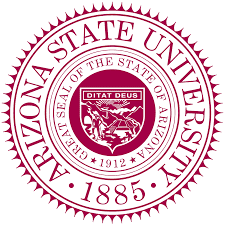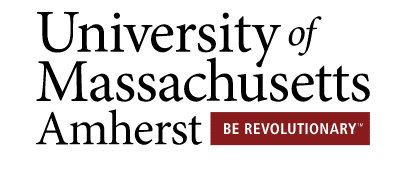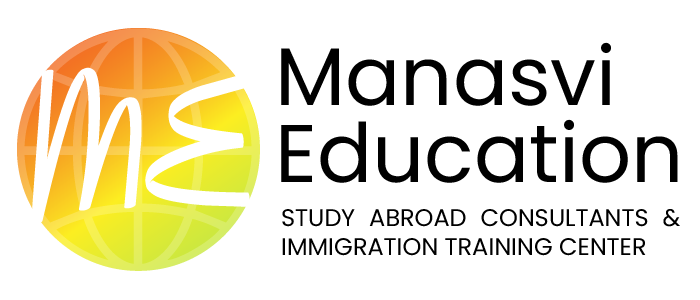STUDY IN USA


The United States of America has been a global leader in the field of education and boasts of a lion’s share of top ranked universities according to all major international rankings. Few countries offer as many high ranked universities and noble laureate academia, as USA does.
Why Study in USA?
Quick facts
- USA hosts more than a million international students
- Over 25% of world’s top 100 universities are in the USA
- Post-study stay back visas (OPT) up to 3 years for STEM programs
- Internships (CPT) up to 12 months while studying
- Merit Based & Need Based Scholarships
- Over 4500 accredited universities & institutions to choose from
- 12 of the best student cities in the world (QS Best Student Cities 2024)
- Opportunities for Research, Teaching & Graduate Assistantships
Cost of Studying in USA
| Types of Expenses | Annual Expenses in USD | |
|---|---|---|
| Tuition Fees for one-year (Indicative) | 25000 | |
| Living and Accommodation | 15000 | |
| Airfare from India to USA | 1000 | |
| Visa Fees (Visa & SEVIS) | 535 | |
| Total Expenses | 41535 | |


Careers & Industry Insights
Popular Universities in USA










Popular Courses in USA
- Applied Sciences
- Business & Management
- Computer Science & Information Technology
- Engineering & Technology
- Public Health & Healthcare Administration
Important Links
- MBA in USA
- Masters in USA
- Cost to Study in USA
- Scholarships to Study in USA
- List of Universities in USA

Study in USA FAQ's
-
Can you work while studying in the United
States?
As an international student you may work on campus up to 20 hours/week in the first year of study in US and can apply to work off-campus in the subsequent years only with due permission of the International Student Office under CPT or OPT.
-
What are the English Language Proficiency
requirements?
U.S. universities require an English language proficiency test before admission and the test requirements vary depending on the course you apply for. English Language Ability Tests. The most common tests of English language ability are the Test of English as a Foreign Language (TOEFL), the International English Language Testing System (IELTS), and the Pearson Test of English (PTE).
-
What are the other Standardized Tests for USA?
Undergraduate Level Examinations SAT: A standardized test to evaluate the written, verbal and mathematical skills of the applicants. ACT: To test the student's ability in English, Math, Science, Reading and Writing sections. Graduate-Level Examinations GRE: A standardized test of verbal reasoning, quantitative reasoning, and analytical writing for graduate-level study. GMAT: A standardized test for MBA applicants and for business programs that measures basic verbal, mathematical, analytical writing and integrated reasoning skills. MCAT: A standardized examination that assesses problem solving, critical thinking, writing skills, and knowledge of science concepts and principles essential for the study of medicine. LSAT: A standardized test to measure the reading and verbal reasoning skills used by the law schools as an assessment factor for admission. DAT: A test to measure general academic ability, comprehension of scientific information, and perceptual ability, used for admission to Dental schools.
-
What are the popular courses in the USA?
STEM (Sciences, Technology, Engineering and Mathematics) subjects are mostly opted by international as well as domestic students in the USA. However, Psychology, Business Administration, Education, Economics and Political Science are certain other popular courses.
-
Are any scholarships available for international
students in USA?
Scholarships and grants are usually awarded to international students in USA on the basis of merit, need or any other exceptional excellence like proficiency in sports, cultural activities or a remarkable contribution in community service. The scholarships are highly competitive. Many American universities also offer grants for foreign students who wish to study at their institution but these vary substantially from university to university. The Standardized Test scores play a vital role in U.S. universities granting scholarships.
